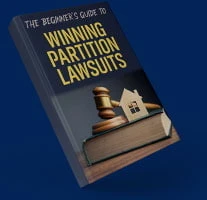Attorney Advertising - Results May Vary
The information on this site is intended for general information purposes only. By using this site, you agree that any information contained here does not constitute legal, financial, or any other form of professional advice. If you are facing a legal issue of any kind, get competent legal advice immediately so you can determine your best options. The information on this site may be changed without notice, and is not guaranteed to be complete, accurate, correct, or up-to-date.
This site is protected by reCAPTCHA and the Google Privacy Policy and Terms of Service apply.
Please do not include any confidential or sensitive information in a contact form, text message, or voicemail. The contact form sends information by non-encrypted email, which is not secure. Submitting a contact form, sending a text message, making a phone call, or leaving a voicemail does not create an attorney-client relationship.

